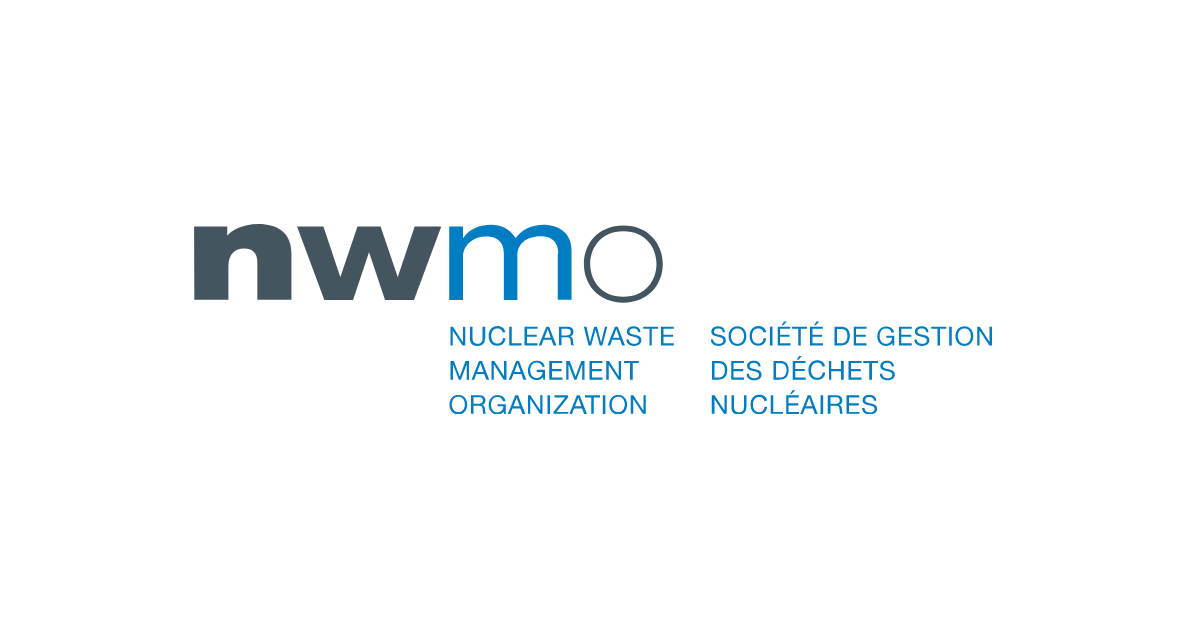The Nuclear Waste Management Organization (NWMO) is reaching out to the Nishnawbe Aski Nation (NAN) to address concerns raised in a recent Chiefs-in-Assembly resolution about the potential underground storage of used nuclear fuel in northern Ontario.
When we became aware of the resolution, we contacted NAN Deputy Grand Chief Bobby Narcisse with an open offer to meet and engage in dialogue with NAN leadership. The NWMO and NAN had constructive and meaningful discussions earlier in the project’s site selection process, and we are hopeful that we will have the opportunity to do so again.
We share in NAN’s concern for the protection of people and the environment, including water. It’s the reason the NWMO is tasked with implementing one of the largest environmental infrastructure projects in Canada’s history.
The project involves containing and isolating all the country’s used nuclear fuel in a deep geological repository that will be built more than 500 metres underground into a natural shield of solid rock and secured by a system of robust engineered barriers. Our work is grounded in decades of international research, Indigenous Knowledge, and the scientific consensus that deep geological repositories are the best solution for the safe, long-term management of used nuclear fuel.
The interests and counsel of Indigenous peoples have been essential to the NWMO's work from the very start, beginning with how we studied options for the long-term management of Canada's used nuclear fuel. When the NWMO was established, we engaged with thousands of Canadians and Indigenous peoples on the subject.
Canadians and Indigenous peoples agreed that we must take responsibility now, in this generation, for the waste produced to meet our energy needs – rather than passing that burden to our children and grandchildren. The plan that emerged, and which we are now implementing, is built on an approach that is adaptive to change and ensures that the repository is built in an area that is safe with informed and willing hosts.
In that same spirit of inclusion, the NWMO was one of the first organizations in Canada to adopt an Indigenous Knowledge policy, which commits that Indigenous Knowledge will inform all areas of our work and decision-making processes and that it will be respected and protected in its application. In 2019, we introduced a Reconciliation policy that recognizes the United Nations Declaration on the Rights of Indigenous Peoples (UNDRIP) and commits to respectful and meaningful engagement with Indigenous peoples and communities.
Today, after years of technical study and community engagement, two potential areas remain in the site selection process: the Wabigoon Lake Ojibway Nation-Ignace area in northwestern Ontario and the Saugeen Ojibway Nation-South Bruce area in southern Ontario.
The project can only proceed with interested First Nation and Métis communities, the municipality, and others in the area working together to implement it.
As we continue working closely with Indigenous communities to understand how the project can deliver meaningful benefits and fully respect Indigenous and treaty rights, we look forward to hearing from the NAN.

